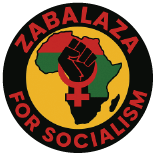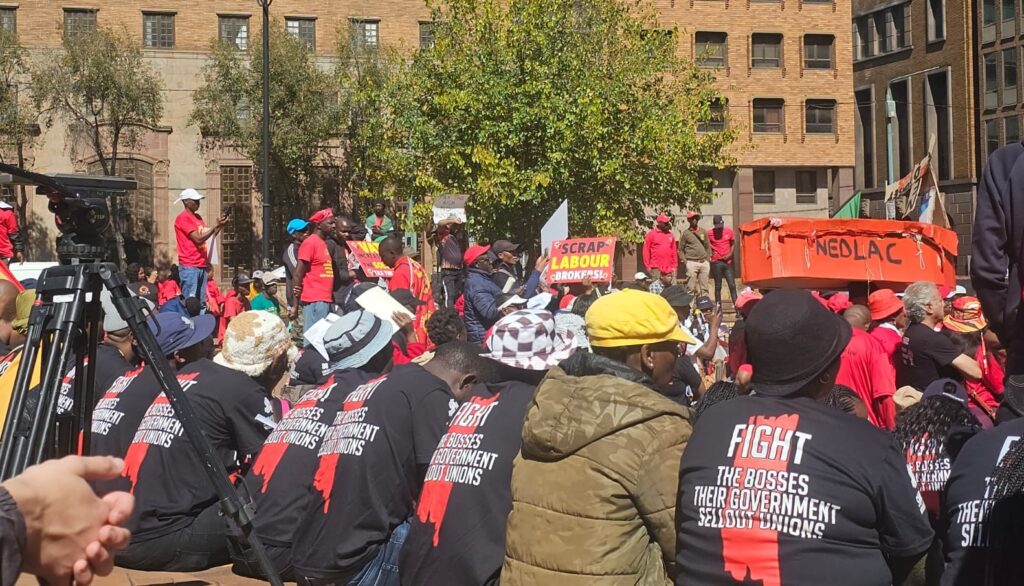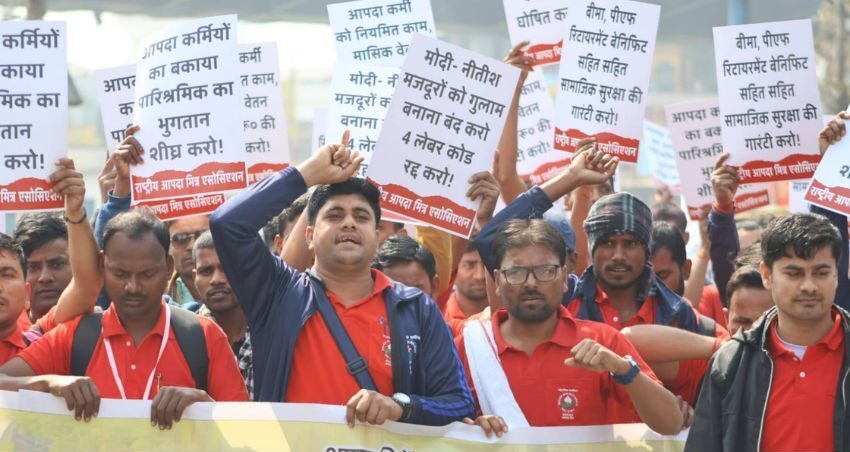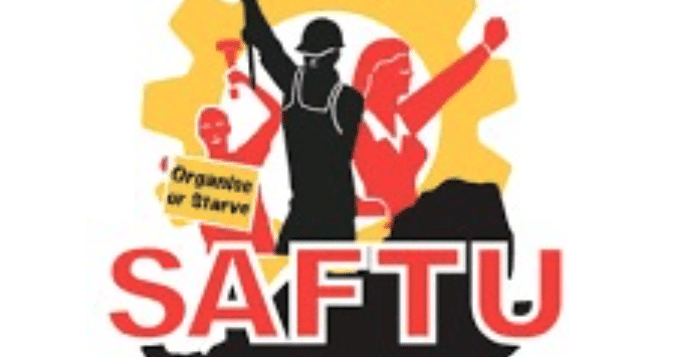The Ministry of Employment and Labour has released for public comment the new Draft Code on Good Practice on Dismissal (the new Draft Code). The new Draft Code is intending to replace the existing Code on Good Practice. Whilst a Code on Good Practice does not override existing legislation and case law, it nevertheless provides a guideline to and an elaboration of existing labour law jurisprudence. There are some positive changes for workers, but on the whole the Draft Code is pro-employer and codifies many of the conservative court judgments relating to dismissals.
The new Draft Code is a product of the negotiations in National Economic and Labour Council (NEDLAC). The negotiations in NEDLAC started in April 2022 and was completed in October 2024. Over this period there were 28 meetings held in total. The negotiations at NEDLAC largely excluded union members, the shop stewards and union officials. Rather, a small task team consisting of representatives from the NEDLAC constituencies, technocrats and lawyers was formed to negotiate the changes. If progress reports were made available, these were most likely given to the national leadership of the federations. These reports were never made public. It can confidently be stated that basically the trade union bureaucracies, technocrats and lawyers determined what is good for the mass of workers. The results of these negotiations are therefore not a surprise.
Not only were the membership constituencies of the labour movement excluded from the process of NEDLAC negotiations, but also the rest of the working class. The labour movement represents only 23% of the work force. Many workers are now organizing outside these established federations and are belonging to different forms of worker organizations. Many of the new forms of worker organizations are organizing the newer layers of workers, the labour broker workers, seasonal workers, short-term contract workers – in short, the “precariat”.
The underlying assumption of the drafters of the new Draft Code, which includes the labour movement, is that economic development will take place once capital has the unfettered freedom to hire and fire workers. The South African economy over the past decade has grown on average below 2% and last year it was a paltry 0,6%. The labour movement, tragically yet not unsurprisingly, regards the current arrangement of workers’ rights as one of the major causes of South Africa’s stagnant economic growth. Jointly, capital and the labour movement are of the view that the unlocking of economic growth will materialize by promoting labour market reforms that facilitate greater labour flexibility and greater capitalist control over labour. For them, for instance, the need to adhere to formal disciplinary procedures before dismissing a worker is costly and time-consuming and only distracts capital from pursuing its noble activity of extracting profits from the labour of workers.
Blaming workers for stagnant economic growth is a deliberate ploy to hide the real problem. The real problem is capitalism, and more specifically monopoly capitalism. The South African economy is structured around the interests of a set of oligarchic industries – finance, mining and agro-industry. In November 2021, the Competition Commission released a research report which tracked the level of concentration in the South African economy. Its research found that in the 145 sectors looked at concentration levels have increased. In these sectors there are one or two dominating firms, controlling production, employment and prices.
In a Business Day article of 18 Dec 2024, Professor Wim Naude wrote the following:
“This is why, despite economic growth stagnating in South Africa, the share prices and market capitalisation of Big Capital, perversely, keep growing. In 2003, the JSE had a market capitalisation of about R344-billion. Currently, it is about R20-trillion. That is a 61-fold increase. The JSE is dominated by 49 companies (“Big Business”) whose market capitalisation is worth about R4.7-trillion. These financial giants include FirstRand, Standard Bank Group, Capitec Bank, Gold Fields, AngloGold Ashanti and Sanlam. And these giants are swimming in profits, unlike most South Africans who struggle to make ends meet. If only the top 49 companies on the JSE were to be liquidated, then given that about 30 million people in South Africa live below the most recent upper-bound poverty line of R1,558 per month (as calculated by Stats SA), everybody in poverty could be lifted out of poverty for almost 10 years”.
He says further: “South Africa clearly needs to address its oligarchy problem”.
The labour movement and the other drafters of the new Draft Code clearly have the wrong end of the stick. The problem is not the current set of workers’ rights but the problem is capitalism and in South Africa’s case, monopoly capitalism.
The undersigned organizations, who represent layers of the “precariat”, are not parties to NEDLAC, and view the proposed changes as a major assault on the rights of workers that further consolidates and strengthens the power and control of capital over labour. In essence, these proposed amendments allow for greater labour flexibility and give the capitalist class almost unrestricted freedom and power to hire and fire workers, especially new workers and the “precariat”.
The gains for workers provide insufficient legal space for them to push back against the agenda of capital.
In a nutshell the Draft Code:
- Gives employers more flexibility in dealing with dismissals.
- Removes “rigid “procedural requirements for dismissals.
- Introduces a more flexible approach to probation.
- Provides greater procedural flexibility for employers.
- Promote a less formal disciplinary process for all sizes of employers, in particular for small businesses.
- Expands the grounds for incapacity dismissals.
- Deliberately understates workers’ rights in relation to dismissals.
If these amendments become law, the capitalist class will have succeeded in achieving the reform of the labour market it has been calling for. And it will have achieved its objectives with the conscious support of the trade union bureaucracies.
By the Campaign to Scrap the Labour Bills endorsed by 29 organisations from across South Africa













